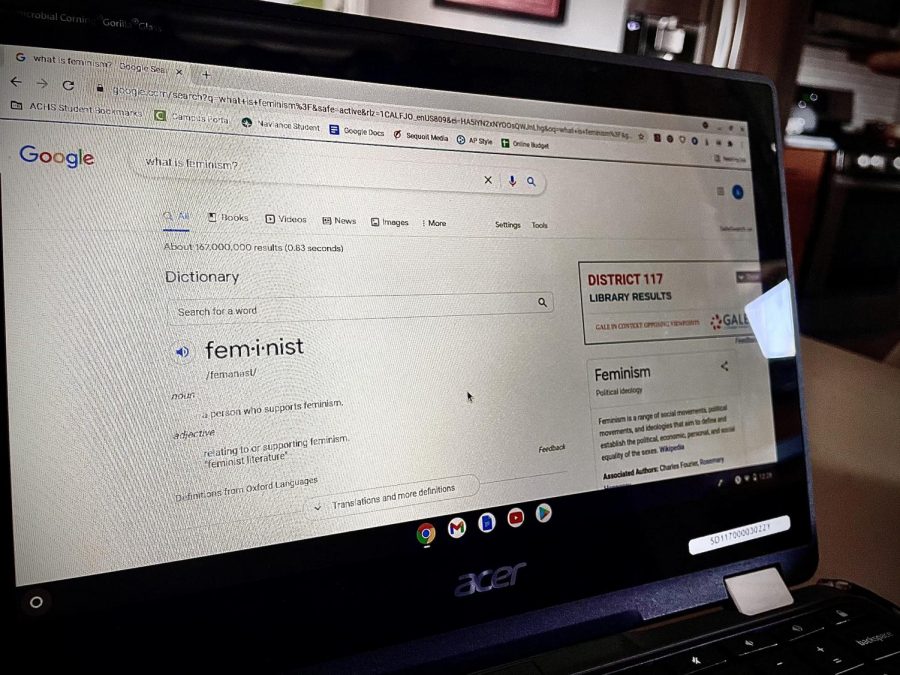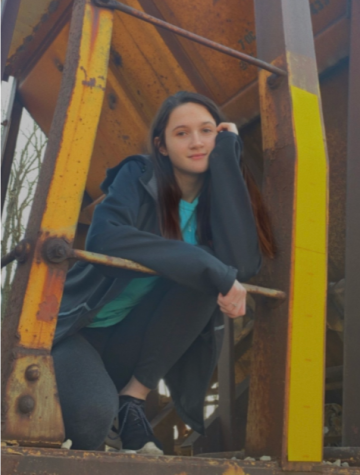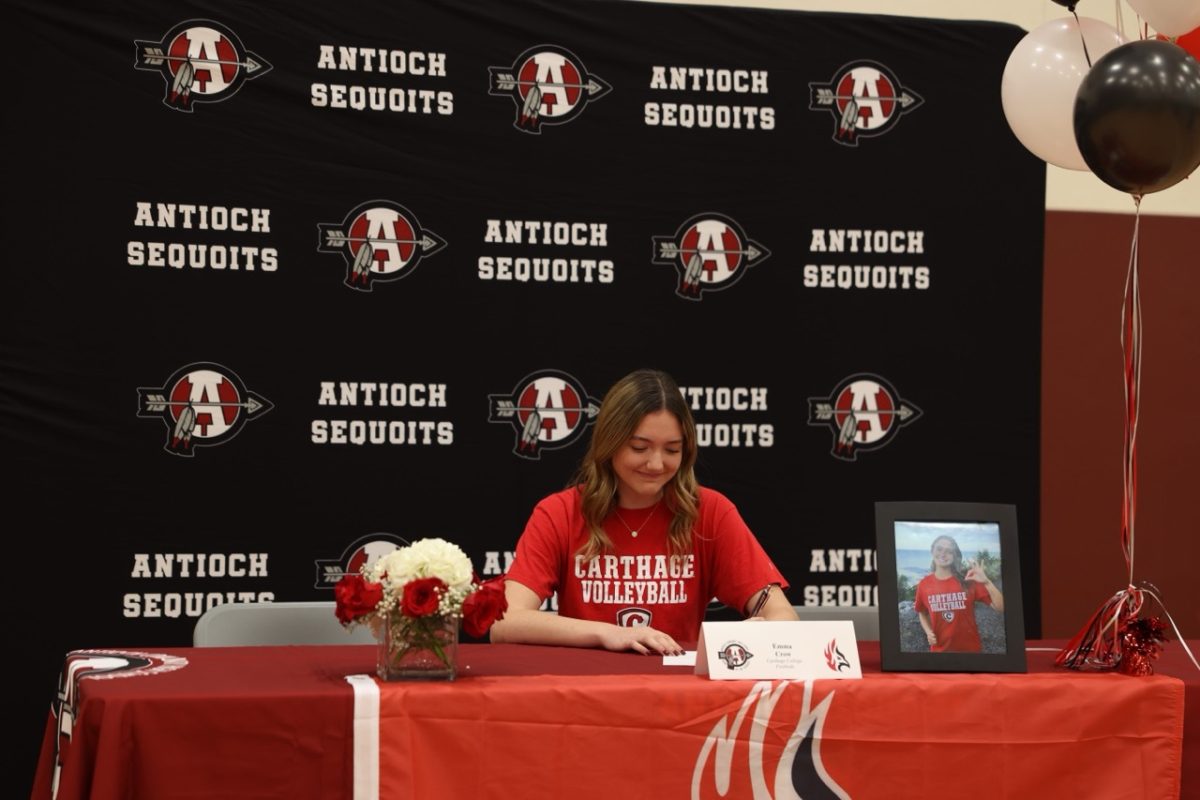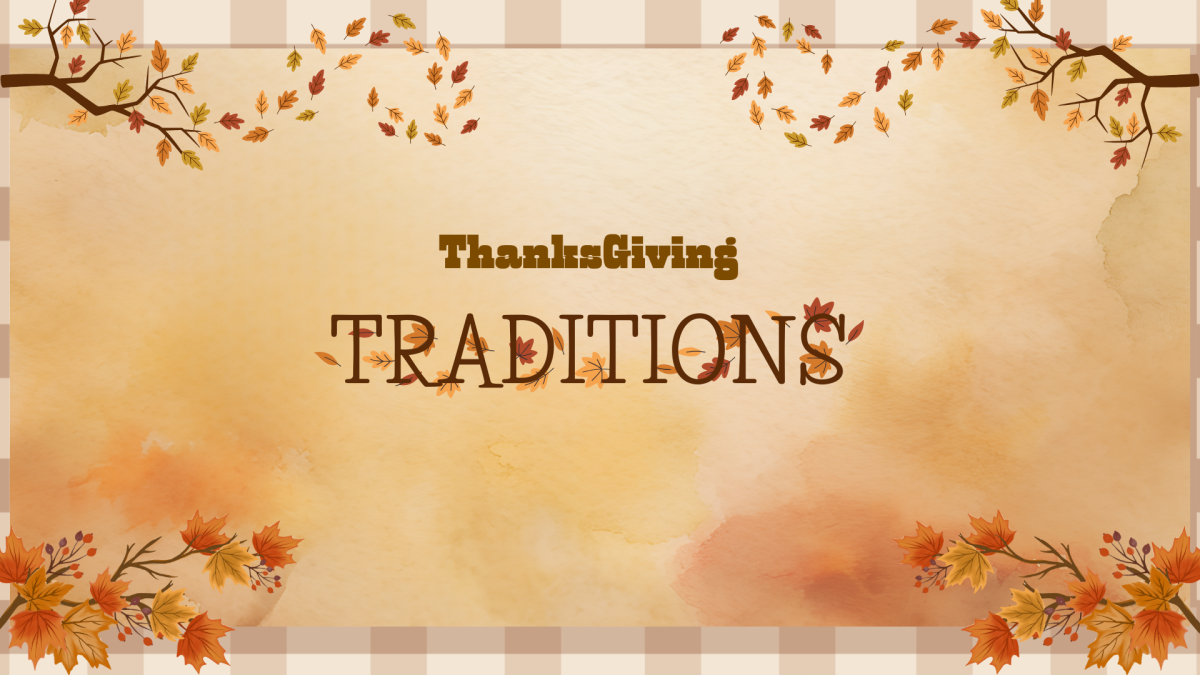March 3, 2021 marks the day Sarah Everard was abducted and murdered by police officer Wayne Couzens in what is assumed to be a gender-based act of violence in England. Protests for violence against women similar to the #MeToo movement began occurring shortly after, where police officers and protestors have been accused of acting violently towards each other and escalating the situation. Following this terrible situation, the discourse over how women are treated in both the U.K. and America has increased dramatically.
“As happy as I am that this issue is brought to light and that Sarah and her family have had so much support, it is saddening to know that there are so many more cases like this out there all over the world,” Antioch Community High School senior Tessa Wolf said.
Objectively, Wolf is correct that there are many more cases like this throughout the world. In a popular study recently published by the All-Party Parliamentary Group for UN women, it was revealed that 97 percent of women in the U.K. aged 18-24 have faced some sort of sexual harrassment, assault or even rape. Antioch senior Jeffrey Pohlman spoke on his perspective of this statistic as a guy.
“The statistic was honestly pretty surprising to me,” Pohlman said. “It makes me sick that so many women have to deal with something like that, and as a man I feel more obligated now than ever to call out other guy’s behaviors. I think that more people should be aware of sexual harassment and assault and I think this statistic will definitely put things in perspective for some people.”
Additionally, women of color face this fear at an increased level. In a study published by the Ohio Alliance to End Sexual Violence, it was revealed that sexual violence increased with women of color and disproportionately affected them.
Further, the Missing and Murdered Indegenous Women movement has garnered increased awareness on apps like TikTok and Instagram, where it has become more apparent the true issues that Native American women face. According to the Coalition to Stop Violence Against Native Women, the U.S. Department of Justice found that Native Women face murder rates that are 10 times higher than the national average, and homicide is the third leading cause of death in Native women aged 10-24.
Throughout women’s history month, these issues have garnered a lot of attention; protests for women’s rights have increased, but change is seemingly further away than ever for violence against women. For instance, in Minnesota, a recent court ruling has created animosity towards rape laws in general and how they seemingly target women more than men. According to the Washington Post, the controversial 6-0 Minnesota ruling for Francios Momolu Khalil decided that he cannot be convicted of rape because the victim had voluntarily gotten drunk before meeting with him.
With these issues coming more into the spotlight, there is still a question of who is truly to blame for these attacks against women.
“I think it’s an issue with how we educate young men,” Antioch sophomore Morgan Poulos said.
Whether this is the case or not, the issue still remains and this year’s women’s history month has garnered more attention towards violence and issues women face everyday.
















